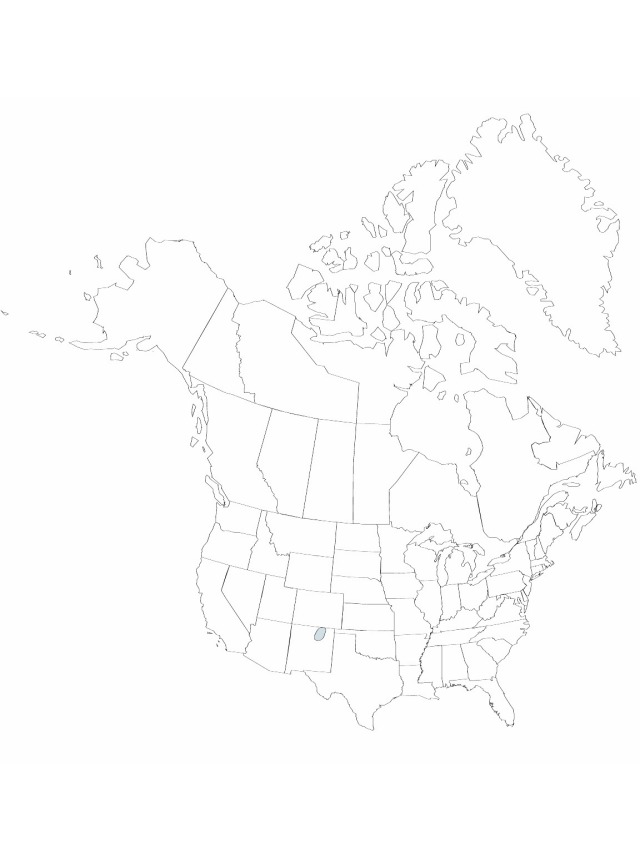Sagittaria demersa
N. Amer. Sagittaria. 32, plate 15, figs. 1–4. 1894.
Herbs, annual, to 60 cm; rhizomes absent; stolons present; corms present. Leaves submersed, phyllodial, lenticular, to nearly terete, 12–53 × 0.3–0.7 cm; rare stranded plants without expanded leaf blades. Inflorescences racemes, of 2–7 whorls, floating or emersed, to 16 × 4 cm; peduncles 13.5–28 cm; bracts connate more than ¼ total length, ovate to lanceolate, 1.5–2 mm, delicate, not papillose; fruiting pedicels spreading to reflexed in flower and fruit, cylindric, 1.5–6.5 cm. Flowers 1.5–5 cm diam.; sepals spreading in staminate, appressed to spreading in flower and fruit in pistillate, often enclosing flower or fruiting head; filaments dilated, longer than anthers, glabrous; pistillate pedicellate, without ring of sterile stamens. Fruiting heads 0.4–0.6 cm diam; achenes oblanceoloid to obovoid, not abaxially keeled, 1.5 × 1 mm, beaked; faces not tuberculate, wings absent, glands absent; beak lateral, erect, 1.1 mm.
Phenology: Flowering summer–fall.
Habitat: Streams and lakes
Elevation: 1500–2000 m
Distribution

N.Mex., c Mexico.
Discussion
Sagittaria demersa was known previously only from central Mexico. It is known in the United States from three recent collections taken in northern New Mexico.
Selected References
None.